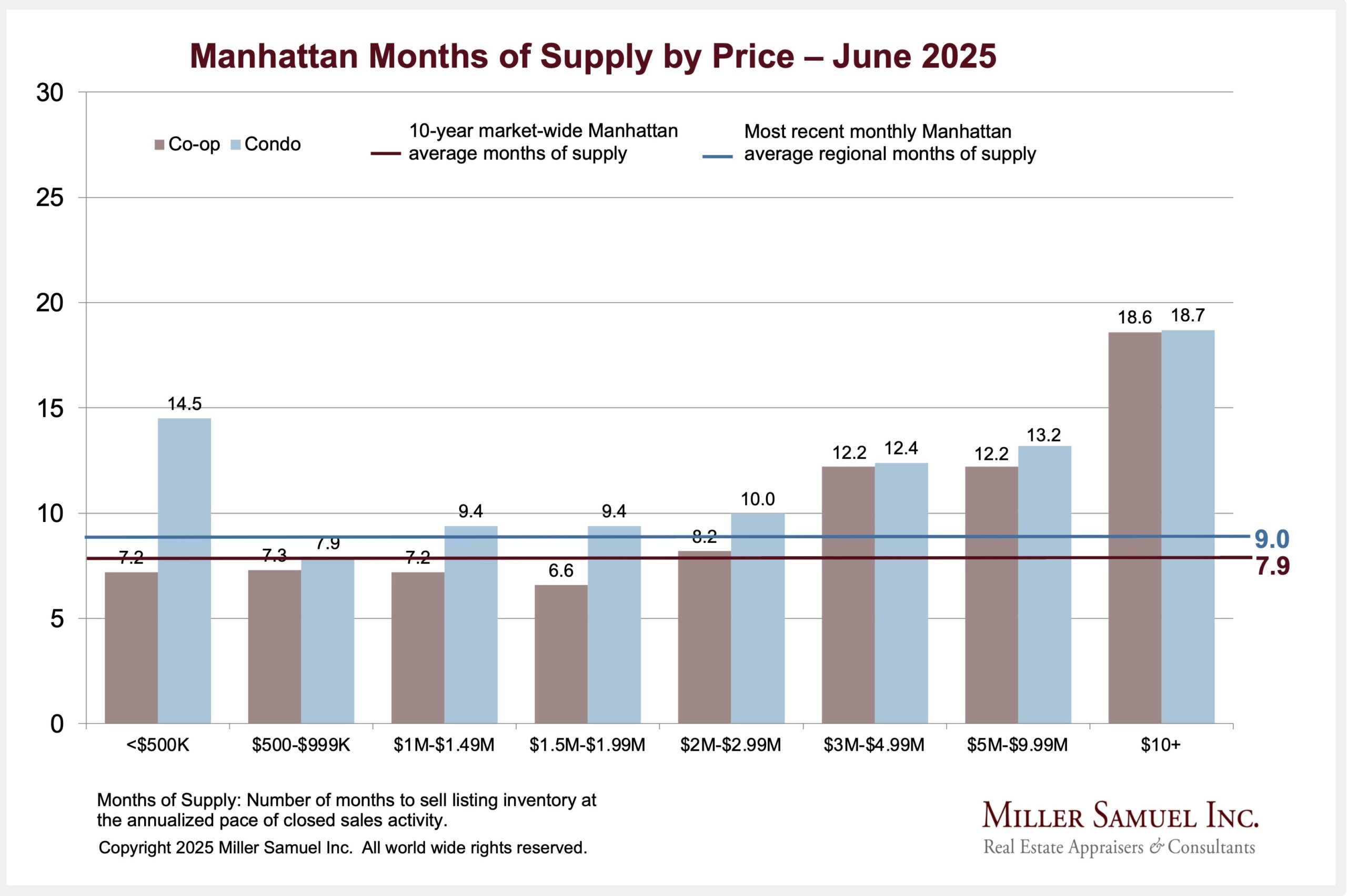- By The 2005 CNBC Town Hall Special, The Housing Market Was At Peak Sales
- Robert Shiller Said It’s Hard To See A Bubble When You’re In One
- Lesson Learned In The Pandemic Housing Boom – Lenders Never Lost Their Minds
Back in 2005, a lifetime ago, I somehow ended up in the Englewood Cliff, New Jersey television studios of CNBC. There was going to be a big special on the housing market: “CNBC Town Hall: Real Estate Boom,” exploring whether the housing market was in a bubble. I was in the green room with Robert Shiller, the 2013 noble laureate who wrote “Irrational Exuberance,” CNBC Personal Finance pundit Suze Orman, and David Lereah, Chief Economist at the National Association of Realtors. And a fascinating conversation ensued.

Robert Shiller, David Lereah, and I made awkward chitchat and introductions in the green room before Suze Orman arrived. We were waiting for the show’s beehive of production to fall into place. I remember the room had a dark green decor with very low perimeter lighting and big, comfortable couches and chairs. I was finally starting to feel better after my 45-minute rush hour black town car ride from Manhattan, an activity that has always made me turn green. Producers and other individuals constantly came in to check on all three of us while we killed time. There were no iPhones or other handheld devices back then, so we were cut off from the world. Surprisingly, we never talked about the housing market during that long half-hour. Eventually, some sort of CNBC radio personality came in who I didn’t know and made conversation with Bob, ignoring David and me.
The Cast Of Housing Characters
Suze Orman – While I knew who Suze was, a personal finance television talking head and prolific book writer on the topic, I had never sat down and actually listened to her content. She burst into the green room, giving us relief from the idle chitchat, and sat next to the gentleman I didn’t know. She began a story about her personal housing journey. What seemed like half an hour later, I knew all about the location and size of her three houses, how they had no mortgages, and the strategy behind each purchase. After she was nearly finished with her long (and fascinating) housing story, she realized she didn’t know who I was and asked. She clearly knew Bob and David but missed me in her initial room scan. I gave her my fifty-cent bio overview, and after she thanked me, she wrapped up her story and began to pepper David with housing market stories.
David Lereah – The former Chief Economist of the National Association of Realtors (NAR), seemed worried or uncomfortable being in the green room. During the run-up that led to the housing bubble bursting in 2006, a year later, NAR was solely a cheerleader of the housing market no matter the trouble that was brewing. He had just written a book, His 2005 book Are You Missing the Real Estate Boom?: Why Home Values and Other Real Estate Investments Will Climb Through The End of The Decade—And How to Profit From Them. There were housing bubble blogs that sprung up during this period, some with even his name in the title that analyzed everything he said. I remember him seemingly terrified to be critical of the state of the housing market and calling housing bubble bloggers ‘Chicken Littles.’ In fact, after following his cheerleading during the bubble, I saw the “chief economist” title with an added dimension. Many are paid to shill the economy in a way that best helps their employer. Of course, there’s not an “apply all” moniker to be used, but he sharply damaged the way I saw the title.
Suze was focused on David’s expertise and peppered him with questions about where all his houses were located as if everyone had multiple houses, especially someone who was shilling so hard for the housing market. David couldn’t provide answers quickly and struggled to say something about having a few houses in the southeastern U.S., in Georgia and the Carolinas. He may have indeed owned homes there, but it felt like he was making it all up to save face with Suze. Oof.
Robert Shiller – He is an economist who wrote a well-known book, Irrational Exuberance, in 2000 on the stock market, borrowing a phrase from Fed Chair Alan Greenspan for the title. He was savvy enough to update the book in 2005 to cover the housing bubble, and he was housing market royalty by the time we were sitting in the CNBC green room. Little did I know I would be sitting with him on the stage at Lincoln Center at a Real Deal Forum in 2007. The three thousand attendees at the TRD event were hanging on his every word, especially about how much home prices could drop. He was very prescient with his call.
As the handlers were about to bring us from the green room to the TV set, and I may have remembered this incorrectly, Dr. Shiller seemed to be telling me not to make too much of what he was going to say on the set. I wasn’t quite sure what he meant by that. Probably because I was very nervous at the time to be a plant in the audience and how that was going to work. Phil Griffin, who was a business anchor for CNBC back then, would ask me a question about the Manhattan housing market. I think I talked about sales surging despite high prices.
U.S. sales peaked in 2005, and prices peaked in 2006. Manhattan was two years late to the party because Wall Streeters in Manhattan were getting paid handsomely with record profits and bonuses after wrecking the global economy with a credit bubble.
Final Thoughts
By this 2005 CNBC Town Hall Special, it felt like something was broken. I took up blogging in the summer of 2005 to get the word out. Our appraisal company was being beaten up by other firms that could manufacture the numbers needed by the mortgage brokers to close a deal. Miller Samuel wasn’t morally flexible enough to do this, and with four kids and a mortgage, at that seminal event in 2005, it felt like the end of my professional business life was near.
But we survived, and all of our competitors who took the easy way to get fast money are gone.
Did you miss yesterday’s Housing Notes?

August 14, 2024
Thinking About Floor Levels In Vertical Real Estate. But When You Get To 13, Skip It.
Image: Chat & Ask AI



![[Podcast] Episode 4: What It Means With Jonathan Miller](https://millersamuel.com/files/2025/04/WhatItMeans.jpeg)